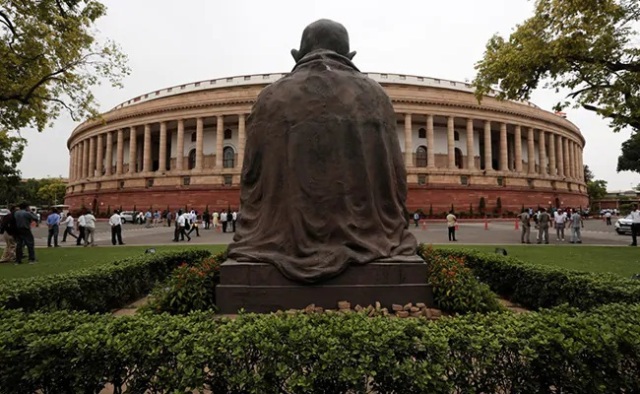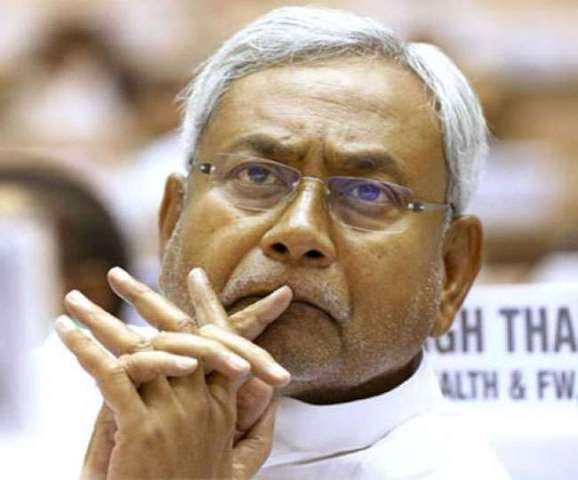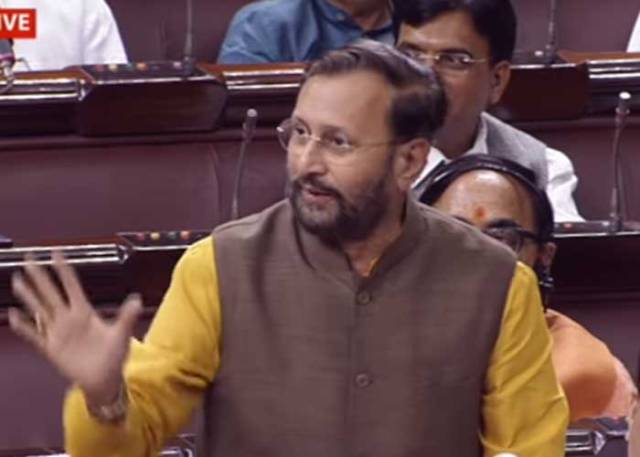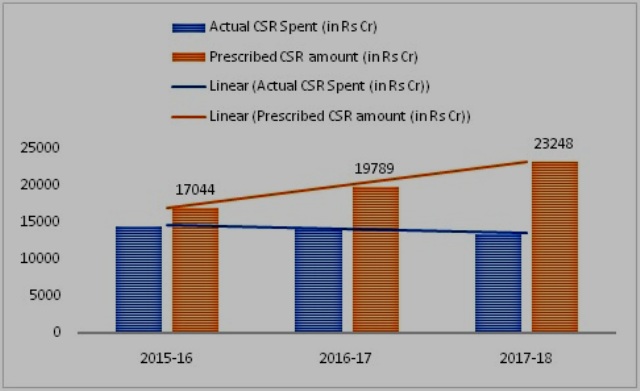New Delhi, 24 September, 2020:The Non-Government Organisations (NGOs) in India will now have to go through a higher level of transparency, stricter norms and deeper government scrutiny on foreign funding they receive and spend on their social activities.
The Foreign Contribution Regulation (Amendment) Bill 2020, passed by the Parliament on September 23, 2020 now makes it mandatory for NGOs to furnish Aadhaar details of its officials including all the office bearers, directors and other key functionaries.
The bill also makes it necessary for NGOs to spend not more than 20 % of the funds on their administrative expenses. Earlier, the limit was at 50 %. Also, all the funding from foreign agencies will have to only come through a bank account in State Bank of India (SBI).t3:02
As per the FCRA Bill, the ‘public servants’ will now be prohibited from receiving any foreign funding.
Once the bill get nod from President Ramnath Kovind, the central government will also have greater flexibility to withdraw FCRA certification of any NGOs.
FCRA Bill 2020: Key highlights
| Serial No | Key changes | Government’s Reasoning |
| 1 | Aadhaar details mandatory for NGO officials | It will help identify people who are getting funds from the foreign country |
| 2 | 20 % cap on NGO administrative cost | It will help ensure that the foreign funds received by the NGOs are being spent for the right causes |
| 3 | FCRA withdrawal rights for Central Government | This will help bar foreign funding to those NGOs which become threat to national interest and security |
| 4 | Money can be received only in SBI account | It will make easier for government agencies to gauge foreign funding to NGOs |
Who said What on FCRA Bill Debate in Parliament?
- Adhir Ranjan Chowdhury (Congress): Why government is allowing foreign donations for the PM-CARES fund, but prohibiting NGOs from receiving any funds for educational and charitable purposes through this amendment. There is a political agenda behind it. PM Modi said in 2016 that NGOs are conspiring against us to remove us from power. Your intention is to exempt PM-CARES from FCRA
- Saugata Roy (Trinamool Congress): FCRA Bill is another example of the Union home ministry acting as ‘Big Brother’ and watching over the whole country to see who is getting funds. This Bill is meant to tighten screws on those organisations that receive funds from abroad
- Satyapal Singh (BJP): For "proper monitoring of funds", Aadhaar cards of all officer bearers, directors, etc, will be taken and they will be allowed to receive money only in a State Bank of India account in Delhi.
- Supriya Sule (NCP): The government’s decision on all accounts being in SBI is emblematic of an undeclared "emergency".
- Mahua Moitra (TMC): The bill is hypocritic in nature. Why go after small fry? The Government allowed political parties to receive foreign funds from Indian-registered foreign companies through electoral bonds by retrospectively repealing a 1976 law
However, replying to the debate on the Bill in the lower house of Parliament, Minister of State for Home Affairs Nityanand Rai said that the Bill was neither against NGOs or an attack against a religion or community, nor it will reduce the scope not stop foreign contribution to them. The Minister said that the Bill was meant to "bring in transparency" and "stop misuse of foreign contributions by people".
He said the FCRA amendment is in the interest of national security, and aims to ensure that foreign funds are spent in the right direction."FCRA is a national & internal security law to ensure that foreign funds don’t affect national interests. Here, transparency is the main aim," he said, adding, "It is an effort to bring in transparency in the functioning of organisations receiving foreign funds as donation for specific purposes."
The Minister said that the Bill provides for reduction in administrative expenses of any NGO receiving foreign funding from 50 per cent to 20 per cent of annual funds to ensure spending on their main objectives.
















.jpg)



